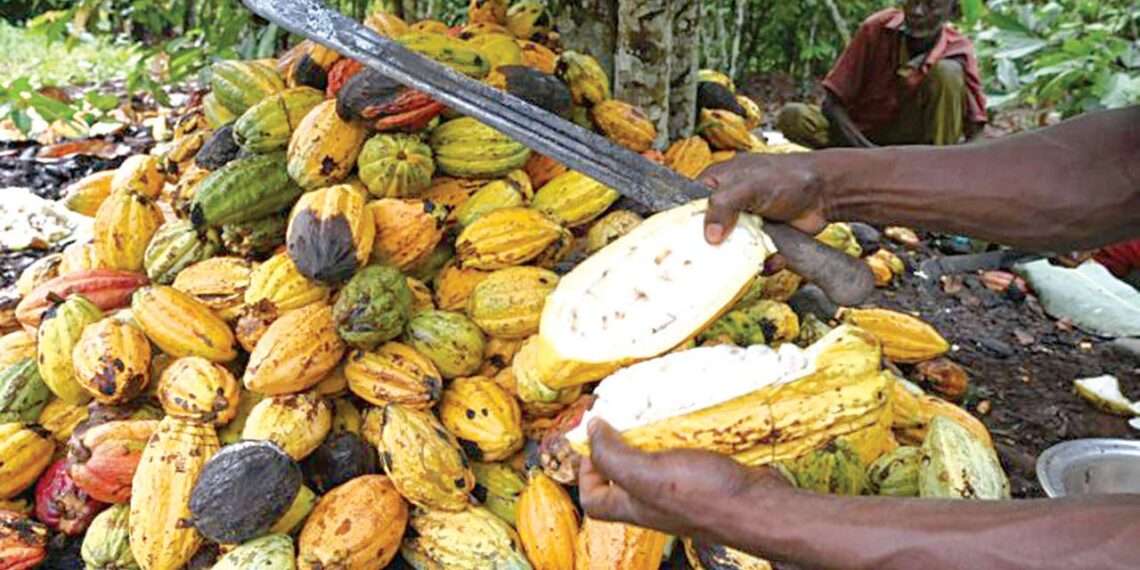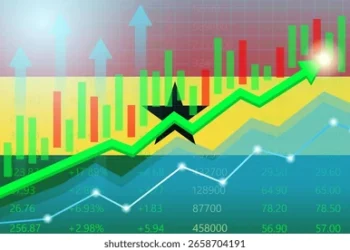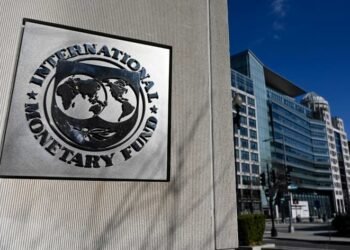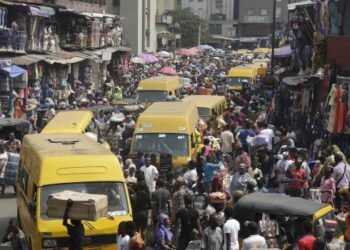Cocoa production in major West African countries still faced headwinds in the first quarter of 2022 after a significant drop at the end of December 2021, according to the latest figures from the International Cocoa Organization (ICCO).
According to the ICCO, purchases of graded and sealed cocoa beans in Ghana were very low year-on-year, down by 34% to 524,000 tonnes as at 31st March, 2022, mainly due to unfavorable weather conditions that occurred in the country’s main cocoa growing regions.
In an earlier report for the 2021/22 cocoa year, as at January 6, 2022, purchases of graded and sealed cocoa beans in Ghana were reported at 263,000 tonnes, down from 570,000 tonnes recorded a year earlier. This was a year-on-year decline of 54 percent. This means that even though there was an improvement in cocoa production in March this year compared to December last year, cocoa production is yet to rise to its levels as recorded March last year.

Amid global economic uncertainties, cocoa prices have virtually not witnessed any significant price movements in March 2022. The ICCO average monthly prices for March 2021 and March 2022 were virtually at par at US$2,462 per tonne and US$2,461 per tonne, respectively.
The ICCO disclosed in its Cocoa Market Report for March 2022 that government maintained its farm gate price for the 2021/22 mid-crop at the same level announced for the main crop at GH¢10,560 per tonne.
In neighboring Cote d’Ivoire, the leading world producer of cocoa, the ICCO stated in its report that as at 10th April, 2022, cumulative cocoa arrivals at Ivorian ports for the 2021/22 cocoa year were estimated at 1.709 million tonnes, up by 1.2% from the level recorded over the same period last season.
“The country’s exports of cocoa beans during the period October 2021 – January 2022 amounted to 764,107 tonnes, down by 15.4% year-on-year. The association of Ivorian cocoa processors (GEPEX) posted data showing that, at the end of February 2022, cocoa grindings in the country had increased by 3.95% year-on-year from 253,000 tonnes to 263,000 tonnes”.
ICCO
In Côte d’Ivoire, the 2021/22 mid-crop started in April with the Government’s decision to maintain the farm gate price at XOF 825 per kilogram of cocoa beans. The current price is identical to the farm gate price set for the main crop.
Russia-Ukraine crisis to impact cocoa sector
The ICCO stated that the Russian Federation is a top world supplier of crude oil and gas and the sanctions imposed by the US and the EU on Russia resulted in a surge in crude oil and gas prices, with the former being currently over the symbolic threshold of US$100 per barrel. The increase in energy prices could have an impact on both cocoa exporting and importing countries, the ICCO stated.

“On the one hand, costs of haulage of cocoa from plantations to ports of export and shipping are likely to move up, hence making the acquisition of cocoa beans more expensive in consuming markets. On the other hand, it is envisaged that the increase in energy costs will trigger a rise in operation costs for cocoa processors and chocolate manufacturers, which in turn will result in either a reduction in processing margins or an increase in prices of cocoa products or even both”.
ICCO
Concerns that the Russia-Ukraine military conflict could reduce travel across Western Europe and thereby negatively impact volumes of chocolate sales at airports, which are amongst the major locations for chocolate sales, took a toll on cocoa futures prices, the ICCO stated.
Moreover, the impact of soaring freight charges on the global cocoa trade cannot be overlooked as the maritime trade plays a significant role in the global trade. According to the International Monetary Fund (IMF), “the sea carries more than 80 percent of the world’s traded goods, most of which sail inside 40-foot-long steel”.
The ICCO highlighted that since the beginning of the 2021/22 cocoa year, container freight rates have started declining but historically remain at high levels and reached US$9,430 in March 2022 – perhaps thanks to efforts to bring global shipment back to normal after closure due to the COVID-19 pandemic.























